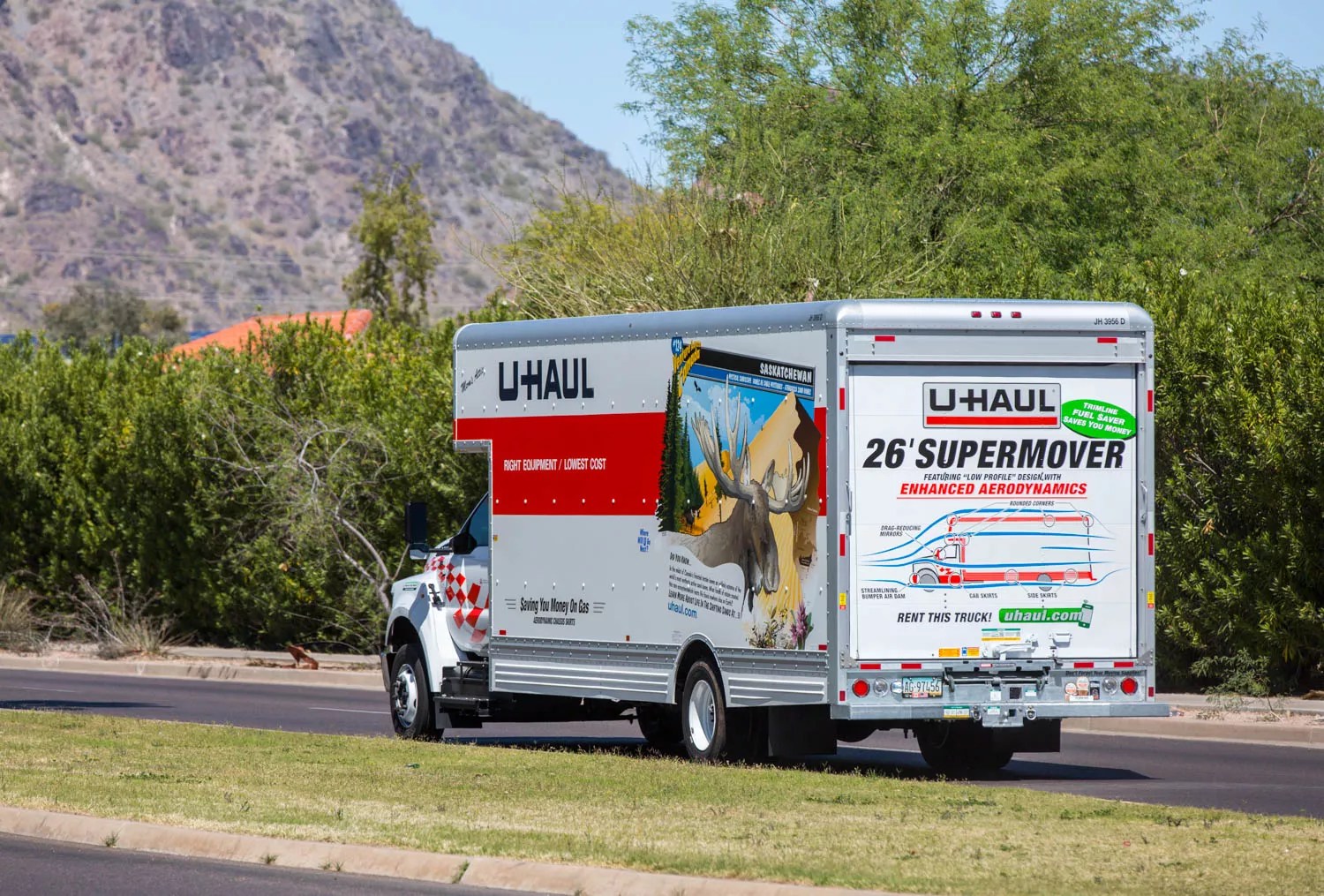
U-Haul

Audio By Carbonatix
Coloradans bemoaning transplants moving to the state have long insisted that “Colorado is full.” It seems those naysayers have finally gotten their wish: People don’t want to come here anymore, according to a new report.
In 2024, Colorado had the worst year-over-year drop on the national U-Haul Growth Index, released last week. The state ranks fortieth in the country for share of the moving company’s one-way customers who traveled into the state instead of out of it, with 50.3 percent of customers moving out and 49.7 percent moving in, according to U-Haul.
This is only the second time in the last decade that Colorado has had more departures than arrivals, the annual report notes. The fortieth-place ranking is a massive fall from grace compared to 2023, when Colorado ranked ninth in the nation. No other state saw a bigger plummet in the ranking this year.
Nevada, Wyoming and New Mexico were the other losers, sliding 24, 22 and 21 spots on the list, respectively, compared to Colorado’s 31-spot drop.
South Carolina ranked first for overall U-Haul migration in 2024, followed by Texas, North Carolina, Florida and Tennessee. California ranked last for the fifth year in a row, accompanied in the bottom five by Massachusetts, New Jersey, New York and Pennsylvania.
“Migration to the Southeast and Southwest continues as families gauge their cost of living, job opportunities, quality of life and other factors that go into relocating to a new state,” John Taylor, president of U-Haul International, says in a statement for the report. “Out-migration remains prevalent for a number of markets across the Northeast, Midwest and West Coast.”
This isn’t Colorado’s worst performance in the U-Haul report over the past decade, however. That happened in 2019, when the state ranked 42nd for migration. But since that low, Colorado has landed in the top ten almost every year, placing ninth in 2023, eleventh in 2022, seventh in 2021 and sixth in 2020.
The ranking comes as Colorado grapples with a slowing population growth years behind past forecasts.
Compared to predictions from 2004, Colorado has nearly 300,000 fewer people in 2024 than officials thought it would, says the state’s recently retired state demographer, Elizabeth Garner. And the population growth continues to slow: Between 2010 and 2020, Colorado’s average growth was 75,000 people per year. So far this decade, it’s at only 30,000 people per year.
Garner blames the stagnation on declining birth rates and slowing migration resulting from national economic factors and recessions. But Colorado has been hit particularly hard.
While overall moving traffic decreased in 2024, U-Haul arrivals into Colorado fell more than 4 percent year-over-year. Departures fell only 2 percent, the report found.
Colorado cities that had the most growth, according to U-Haul, were (in alphabetical order) Boulder, Broomfield, Centennial, Dacono, Durango, Fort Collins, Greeley, Lafayette, Longmont, Loveland, Pagosa Springs, Parker, Pueblo West, Salida, Steamboat Springs, Telluride and Thornton. Denver is absent from the list.